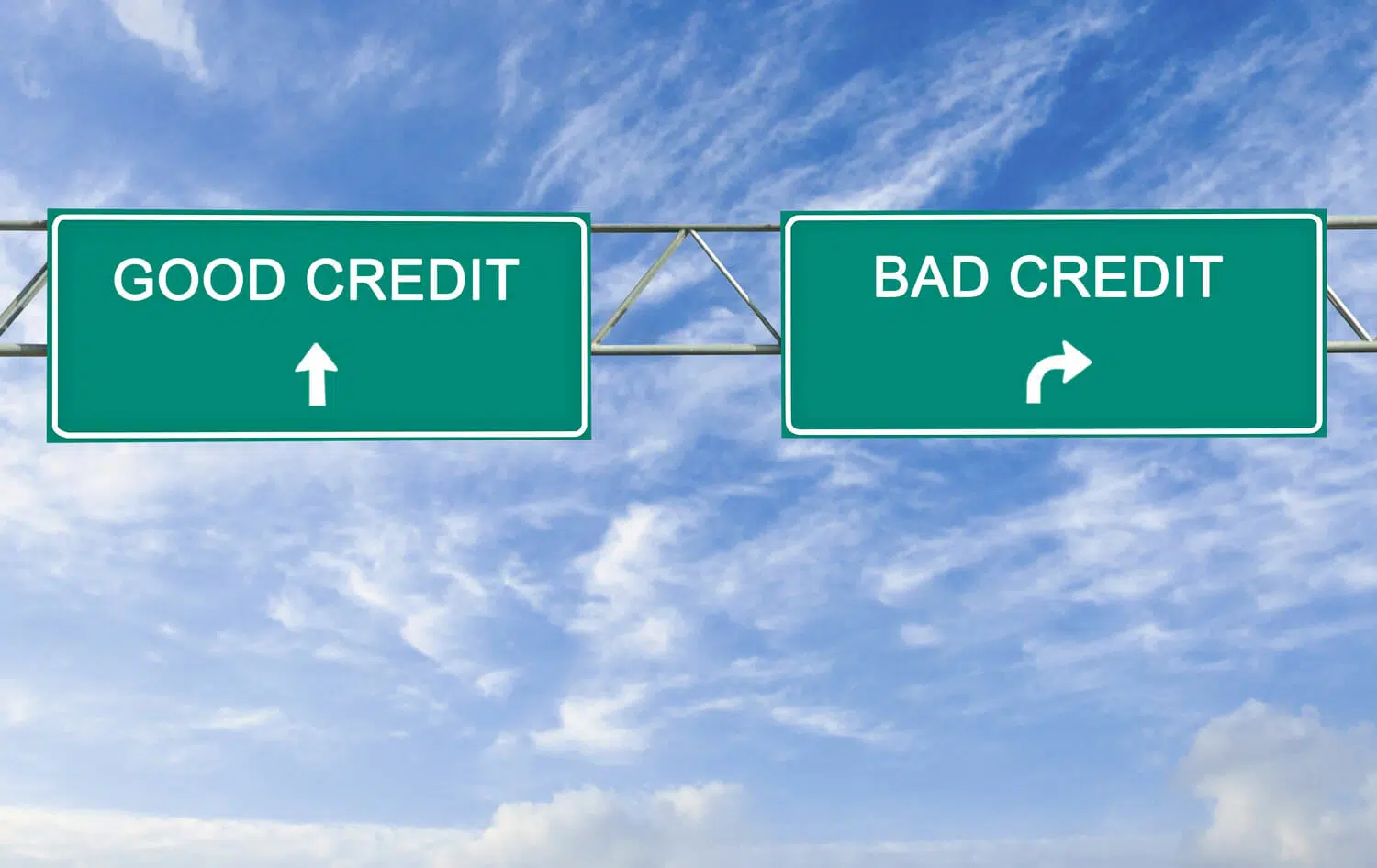Though not noted as the most approachable of companies, credit reporting bureaus do have a human side. Experian, for example, even has a “Dear Experian” advice column, which recently held forth on divorce and personal credit scores. You may be happy to hear that the reporting bureaus do not hold divorce itself against anyone; rather, the financial troubles brewing before, during and after divorce are generally the reason for poor credit, post-divorce.
What Your Credit Score Is, and Is Not
Some people feel an annual “free credit score” is somehow a reliable indicator of your credit worthiness. This is a myth. Your credit score evolves constantly, fluctuating with factors you can and cannot control.
If in January you have a 670 credit score, you may think in June you have the same score.
You likely do not.
Your credit score is rising and falling every day with your changing circumstances (late fees, skipped payments, high balances, a bad credit ratio) and changing circumstances in the financial sector (loose credit, tight credit, Federal Reserve actions).
Rather than obsess over a particular number (“This unsolicited Facebook ad says my score could be 790!”), practice good credit hygiene, even during divorce. Then let the three major credit bureaus — Experian, Equifax, and TransUnion — figure out your score.
Watch those Joint Accounts
Divorce often involves severing joint accounts, and that is where, says Experian, divorcing couples face problems. A divorce decree does not notify lenders that you and your wife are now exes. You and she must end the joint accounts before the divorce is final. Otherwise, expect to see joint accounts pop up on your personal credit reports.
Experian suggests breaking each joint account contract with each lender. Say you have three bank cards (unsecured debt, like VISA or MasterCard) and two store and gasoline cards (department stores, gas stations). Your name and your wife’s name are on all five accounts.
You divorce, and the decree splits responsibility for the debts. Suppose you pay your fair share, but your wife does not, for whatever reason (cash flow, orneriness).
It is up to you and your wife to organize and pay off these marital debts to all five creditors. First, close all the joint accounts. Then, develop a payment plan to eliminate the debt from both your credit histories.
You may consider splitting responsibility — she conscientiously pays off the closed gasoline and store cards; you conscientiously pay off the closed bank cards.
Communicate Openly with Your Ex
Recognize you both have a stake in protecting your credit worthiness. This means leaving nothing to chance, making no assumptions, and making faithful, on-time payments to every creditor.
Communicate openly with your ex. Suppose you moved out of the marital home for the good of your children. That mortgage still needs to be paid every month. She can buy you out, but that takes time. Do not overlook the payments needed in the intervening months between separation and divorce. Do not overlook a single payment even if it is due on the day of your divorce decree.
By communicating with each other, you can preserve both your credit scores. It is not divorce itself that is the factor; it is the careless financial neglect too many couples show when wrapped up in the emotionally draining divorce, says The Balance.
Cut Back a Bit
Often, Virginia men find themselves temporarily embarrassed, financially, after a divorce. Plan on this. The Balance goes on to suggest cutting back on things you can do without for six months or a year:
- Sell your old car and get a less expensive, more modest one
- Reduce your grocery bill
- Trade the gym membership for free walks at local tracks
- Eat out less
- Cut cable television
- Give up a fancy smart phone and its fancy monthly bill
Earn More Money
We know; earning extra cash is easier said than done, but consider how many of your friends are part of the gig economy, and for good reason! Consider taking on a part-time job, working a freelance second job, or asking for more hours at work.
Financial site Nerdwallet echoes everyone else in saying divorce is not a direct hit to your credit score, but it creates the turmoil that leads to indirect hits. Nerdwallet suggests cutting spending and increasing income to give a one-two punch to old debt.
One area to watch for: living on credit cards. This leads to high credit utilization, which will ultimately decrease your credit score and limit your ability to seek secured loans elsewhere (like at a credit union).
Know Before You Go
By law, you can get one report every year from each of the three credit bureaus for free. That means, if you sense a separation and divorce is looming, you can get a total of six reports (three in your name, three in your wife’s name) spaced out over the long divorce process.
A consortium of the three companies runs the only approved free report site. Avoid look-alike sites that offer to sell you “improved” or deluxe versions of what you can get for free.
Before, during and after the divorce, you can each pull one report. Though the credit history and report will not include a Fair Isaac Corporation (FICO) score — that familiar three-digit Golden Ticket — it will alert you to financial problems, like joint accounts still open, too much credit for a much lower income level, and so forth.
For all aspects of divorce help, contact us online at The Firm For Men, or call us at 757-383-9184. We can help with finances, taxes, and more. We are not accountants or tax experts, but we can help develop communication plans, payment schedules, and mediated agreements so you and your ex-wife preserve your credit worthiness.

